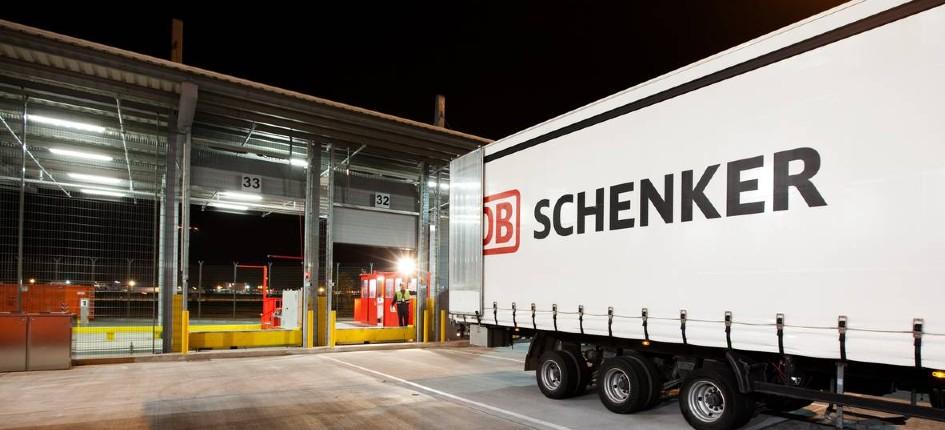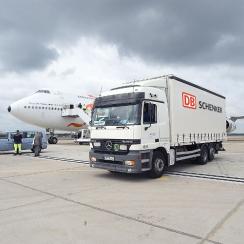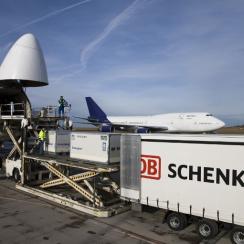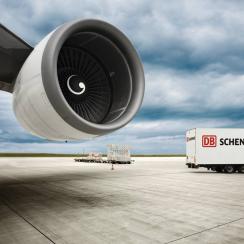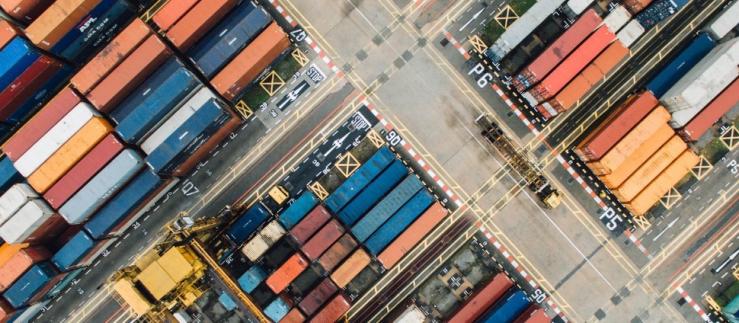In view of the virtually global lockdown, what are the biggest challenges facing the transport industry and its customers, i.e. exporters and importers?
The biggest challenges are mainly the spatial capacities, as well as finding a suitable means of transport that is able to deliver on time – without causing collateral damage. From the point of view of transport organization, air and sea freight have substantially reduced capacity in the market due to COVID-19. In general, the available freight capacities of various means of transport have become scarce and are soon assigned. A further challenge: Governments in many countries can pass COVID-19 resolutions at short notice, which can further delay the delivery and collection of goods. This is where a closely integrated global network such as that of DB Schenker, which can advise and support customers in all matters, is beneficial. In addition, we can currently also draw on the company's own task force, which was convened to monitor the COVID-19 situation at all times and respond quickly with various emergency scenarios, predefined actions and responsibilities.
How is this affecting freight capacities?
Air and sea freight capacities are currently scarce, so for certain shipping routes sufficient time must be allowed to organize and book them. But here too, the situation can change at any time. So make sure you plan enough lead time, so that you can organize your shipment better.
Do special solutions exist for transports to certain regions of the world? If so, what can exporters expect?
We seize every opportunity to meet the needs and requirements of our customers, whether by air, sea, land or rail. However, the respective restrictions affect us, too. In Europe, we are completely operational by truck and cover each country fully according to local legal requirements. Prices are currently rising due to limited capacities. Plan early enough. This gives you a decisive advantage and the option to check the entire range of transport services and then decide which service needs to be used in order to be able to deliver the goods efficiently and in time at their destination.
Do you see any risk that consignors will not be able to ship goods on time or consignees will not receive their goods in time?
The supply chains are very volatile at the moment, making it extremely difficult to make a forecast. Additional costs for waiting times and special handling could currently arise due to official delays and regulations.
So what alternatives should companies affected by the crisis consider now?
It is generally advisable to work with a reliable transport partner: This partner is there to help and advise the customer and can proactively point out possible delays, costs and alternative transport connections and options. At the moment, specific solutions could be to increase the company's own storage capacities, either centrally or decentrally. The cost structure of the different alternatives obviously plays a decisive role here. Production dependencies overseas must be minimized – as far as possible – or back-up production must be set up locally. These are just a few of the many questions that we will all have to ask ourselves during and after COVID-19 in order to master the challenges facing the logistics sector.
